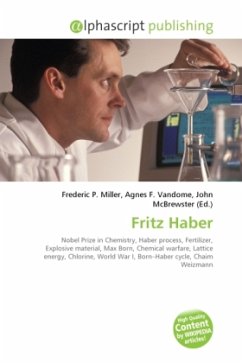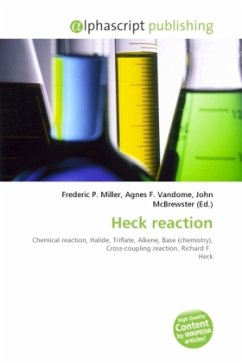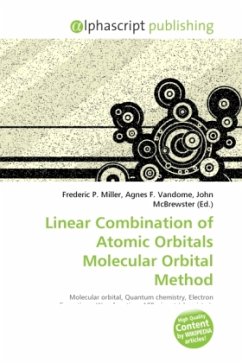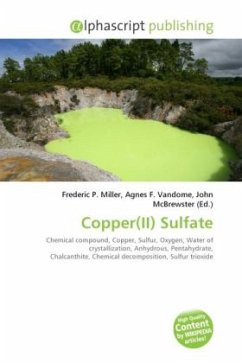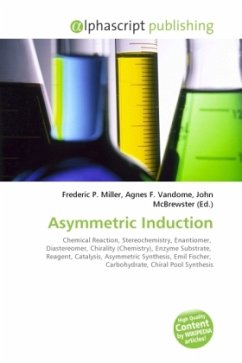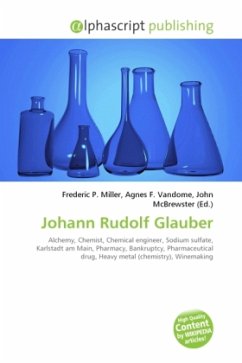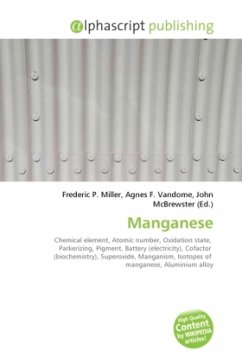Fritz Haber 9 December 1868 29 January 1934 was a German chemist, who received the Nobel Prize in Chemistry in 1918 for his development for synthesizing ammonia, important for fertilizers and explosives. Haber, along with Max Born, proposed the Born Haber cycle as a method for evaluating the lattice enFritz Haber 9 December 1868 29 January 1934 was a German chemist, who received the Nobel Prize in Chemistry in 1918 for his development for synthesizing ammonia, important for fertilizers and explosives. Haber, along with Max Born, proposed the Born Haber cycle as a method for evaluating the lattice energy of an ionic solid. He has also been described as the "father of chemical warfare" for his work developing and deploying chlorine and other poisonous gases during World War I.
Bitte wählen Sie Ihr Anliegen aus.
Rechnungen
Retourenschein anfordern
Bestellstatus
Storno

